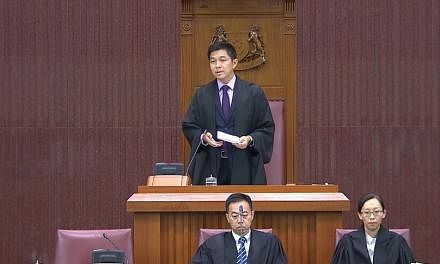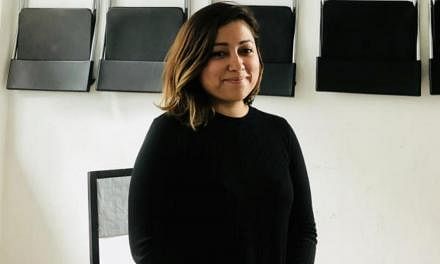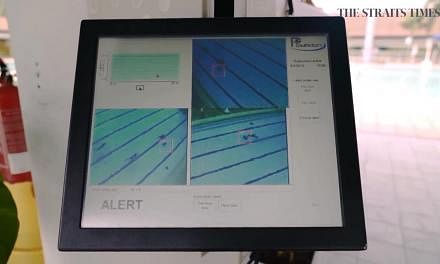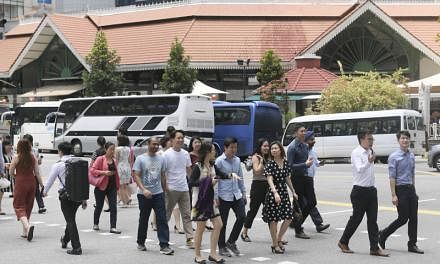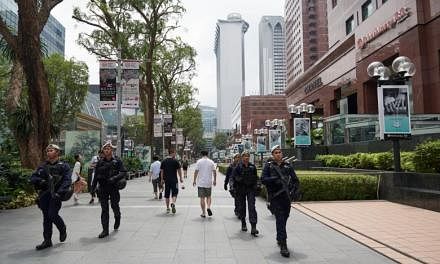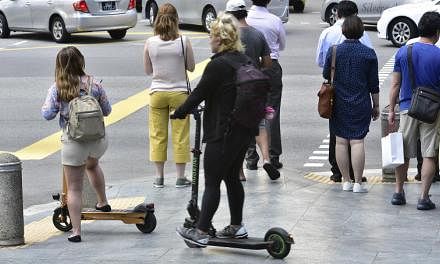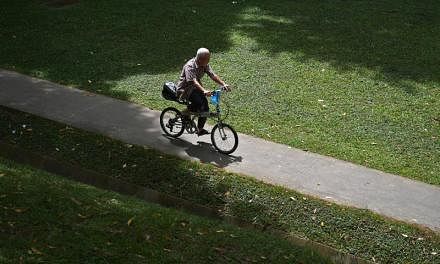SINGAPORE - From early 2020, the Government will take the lead in helping self-employed people make small, regular contributions to their Medisave accounts, instead of a yearly lump sum.
The Government, as service buyers, will start doing it in the first quarter of next year and iron out any issues, before private companies and other organisations come on board.
This is part of a slew of initiatives for workers, including self-employed and part-time workers, to help prepare them for the future. These were announced by Manpower Minister Josephine Teo in Parliament on Tuesday (March 5).
She said the new "contribute as you earn" scheme will help to overcome the difficulty some self-employed people face in making an annual contribution to their Medisave accounts.
For example, a 37 year-old with a net trade income of $65,000 in 2017 will have to contribute 9 per cent of his pay to Medisave, or $5,850. She was replying to Mr Chen Show Mao (Aljunied GRC) and Nominated MP Walter Theseira.
Giving figures, she showed the pool of these workers has shrunk and the proportion who prefer regular employment has plunged from about 20 per cent to below 10 per cent, compared to a year ago.
To help them, Mrs Teo said her ministry has, among other things, worked with tripartite partners and agencies of various sectors to give them access to technical skills training. It is also collaborating with insurers to introduce prolonged medical leave insurance products to them.
Part-time workers are also getting more help to enter the workforce.
The Career Trial, which helps jobseekers and employers to know each other better before committing to a role, will be extended to include part-timers.
"We hope this will benefit more jobseekers with caregiving responsibilities. For employers too, we hope it will help them become more comfortable with managing part-time work," said Mrs Teo.
Last year, the scheme found jobs for about 730 people.
To help workers gain new skills, the Professional Conversion Programmes (PCPs) will be revamped and ramped up to be more effective.
There are more than 100 PCPs in over 30 sectors. Last year, almost 5,000 people were re-skilled and employed through PCPs, an annual rise of more than 30 per cent.
As for the portal MyCareersFuture.sg, launched last year to give jobseekers a convenient tool for skills-to-job matching, new features will be added.
These will enable employers to shortlist candidates based on skills, and help jobseekers with the relevant skills but who may not have the right experience.


